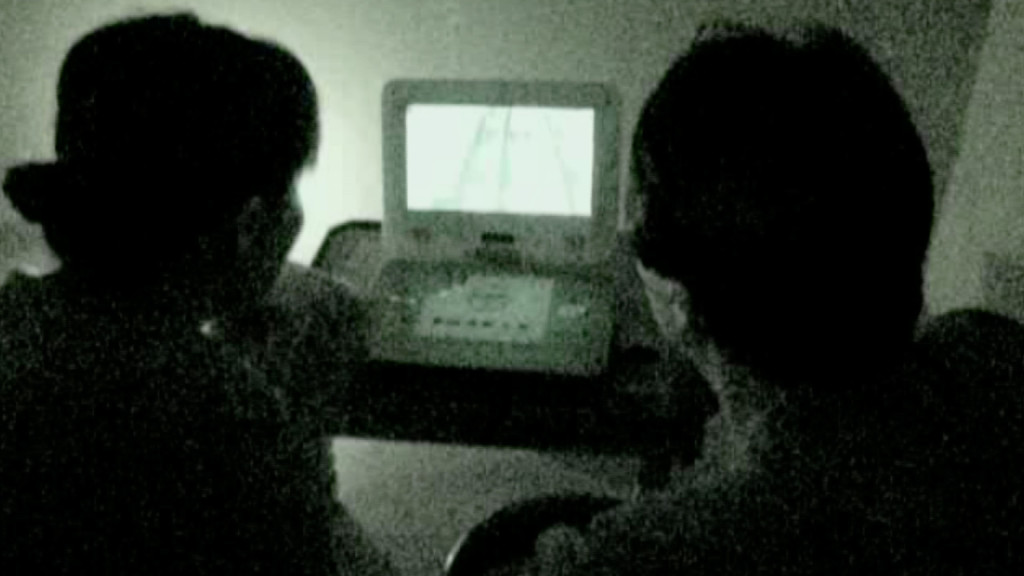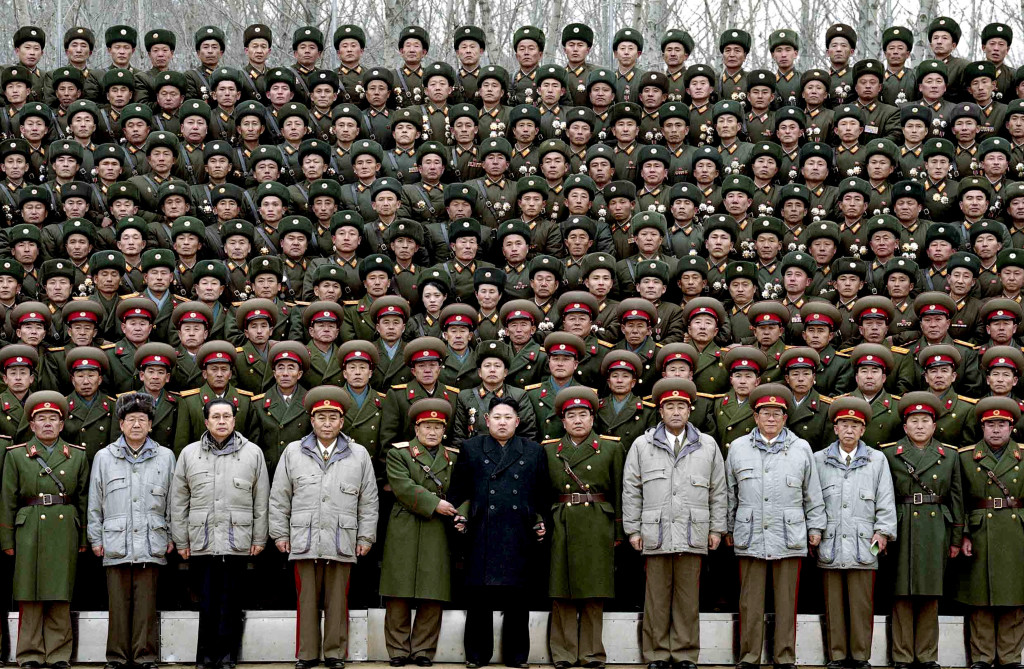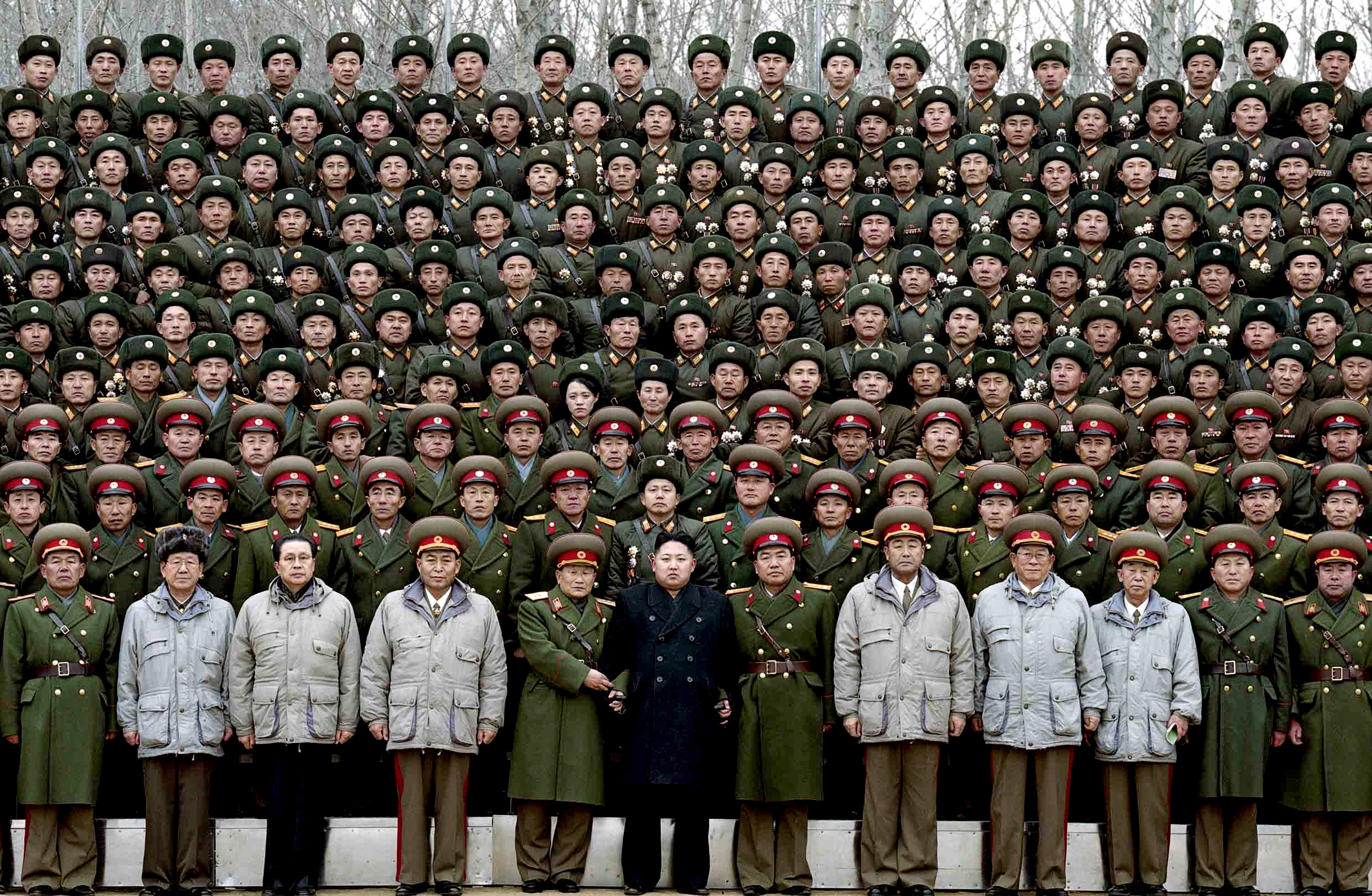Was the Sony Cyberattack North Korea’s Strike Back at Western Media?

December 2, 2014
Share
If North Korea is behind the cyberattack on Sony Pictures, it would be a case of the authoritarian nation striking a blow against Western film and television it considers a major threat to its control over its citizens.
No one but the attackers knows for sure who hacked Sony Pictures last week, temporarily crippling the company’s corporate email, and leaking the recent drama Fury, as well as unreleased films, including a remake of the classic musical Annie. North Korea has declined to accept or deny responsibility.
Also read: Using Skyfall to Fight Back Against Kim Jong-Un
But the country immediately became the subject of speculation because it has complained to the United Nations about Sony’s upcoming Seth Rogen-James Franco comedy The Interview, about an assassination attempt on the nation’s ruler, Kim Jong-un. The film was not among those leaked.
North Korea’s government considers Western films a threat because they undercut Kim’s efforts to limit his citizens’ exposure to the outside world. In the FRONTLINE investigation, The Secret State of North Korea, defectors describe how seeing luxury cars, tall buildings and abundant food on-screen made them question whether their country — a totalitarian state bedeviled by hunger and scarcity — was truly the greatest on earth.
As Jeong Kwang-il, a former political prisoner who smuggles outside media into the north, told FRONTLINE:
The men prefer watching action films… The women enjoy watching soap operas and dramas. The more people are exposed to such media, the more likely they are to become disillusioned with the regime and start wanting to live differently. Popular culture has the most important role in bringing about democracy in North Korea.
Kim has reportedly sent security forces from house to house to uncover illegal DVDs, and last year, reportedly executed people for watching foreign television.
Secret State of North Korea follows Jeong as he smuggles thumb drives of foreign films into the country, and records the sale of foreign DVDs on the black market. Then it shows two teenage girls watching the illegal films, marveling at the sights outside their country.
“I wish we could live somewhere like that,” one of them says.
Watch the segment here (story continues after the video):
Still, North Korea is far from the only possible suspect in the cyberattack. Sony would say only that it is “working closely with law enforcement officials to investigate the matter.”
David Kang, director of the Korean Studies Institute at the University of Southern California, said it’s possible that North Korea would target a film studio since the country considers Western films a threat and Kim has “made clear he doesn’t like the Rogen movie.”
“That being said, I think it’s a bit excessive to immediately think that North Korea devoted all its resources to hacking a company’s website,” Kang added in an email to FRONTLINE. “We often attribute enormous powers to North Korea, when in reality it is a very poor country with limited resources. The North Korean leadership may have decided to attack a company, but I’d want more proof than speculation.”
Related Documentaries
Latest Documentaries
Related Stories
Related Stories
Explore
Policies
Teacher Center
Funding for FRONTLINE is provided through the support of PBS viewers and by the Corporation for Public Broadcasting, with major support from Ford Foundation. Additional funding is provided the Abrams Foundation, Park Foundation, John D. and Catherine T. MacArthur Foundation, Heising-Simons Foundation, and the FRONTLINE Trust, with major support from Jon and Jo Ann Hagler on behalf of the Jon L. Hagler Foundation, and additional support from Koo and Patricia Yuen. FRONTLINE is a registered trademark of WGBH Educational Foundation. Web Site Copyright ©1995-2025 WGBH Educational Foundation. PBS is a 501(c)(3) not-for-profit organization.























